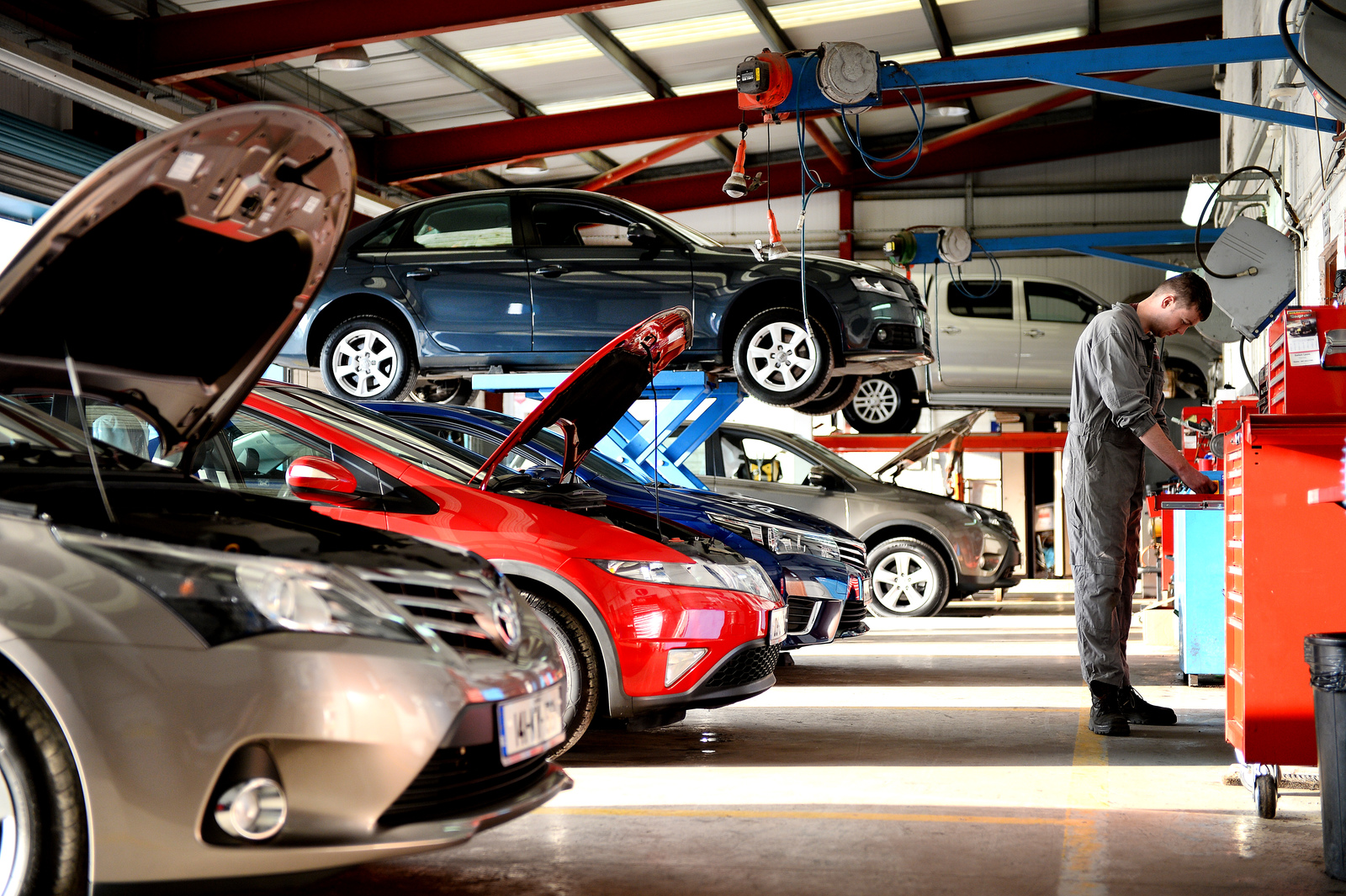It’s sometimes said that the average car is not unlike the human body – the better you look after it, the longer it lasts.
As any motorist knows, however, looking after a car costs money. And in these difficult economic times, there may be a temptation to try and save some money by scrimping on car maintenance. Our advice is: don’t!
Long term benefits
For new car shoppers, meanwhile, the medium-term cost of car servicing and maintenance may not be an immediate ‘buyority’ as you browse the showroom. But the earlier you factor in the cost of the annual service, the more benefits you’ll reap in the longer term – especially when the time comes to change your car.
The fact is, skipping a car service might well save you money in the short term but it could end up costing you twice as much in the long run.
Why is that? The first reason is likely included in the Ts and Cs that came with your car warranty. Some manufacturers stipulate an annual service, not only to optimize the current health of the vehicle but to anticipate any remedial actions that might be needed down the track.
Protect your warranty
If you don’t stick to the recommended service schedule, there’s a chance you will render your car’s warranty null and void – which could be disastrous if anything does go wrong.
The second big reason to stay on top of your car maintenance schedule is sludge – nasty, icky sludge!
Nasty sludge
You see, when you bring your car for a normal service, your technicians will routinely change the engine oil. If you miss that service, sludge will start building up in the engine which affects both fuel economy and overall performance.
If enough sludge accumulates, it could cause long-term damage to the engine (very expensive to repair) and also affect your car’s emissions level – which could in turn see you failing your NCT.
On the other hand, by sticking to your recommended service schedule you ensure your car is performing at optimum level, all the time. Purely from a safety perspective, that in itself is money well spent.
Start adding value
You are also protecting your car from future issues, extending the life of the vehicle and prolonging its value if and when you decide to change. Whether your car is 10 years or 10 weeks old, it’s never too early to start adding value.
(Image thanks to Kelliher’s Garage.)

